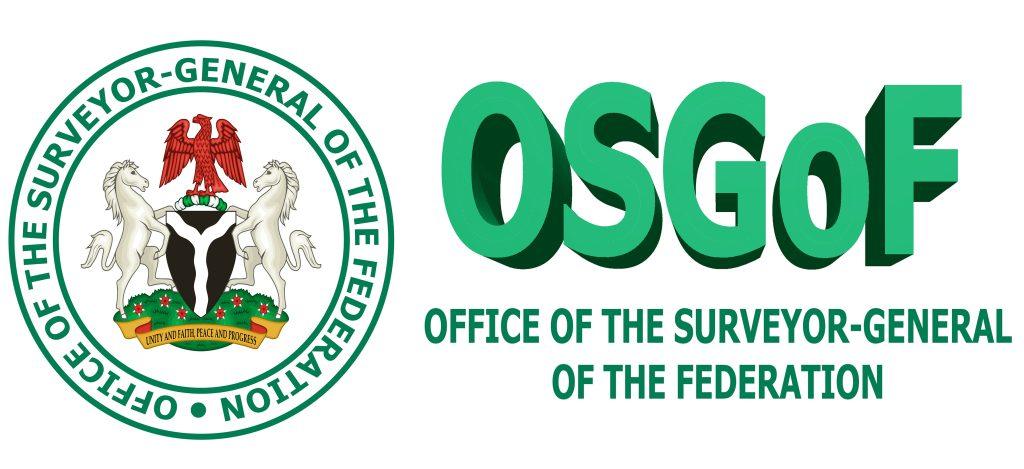Nigeria is making groundbreaking strides in geospatial technology, setting the pace for smart city development and national defense in Africa. At a high-level workshop held in Abuja, the Surveyor-General of the Federation, Abdulganiyu Adebomehin, revealed the country’s significant progress in deploying high-resolution drone imagery and street view data to transform urban planning and national security.
Speaking on Thursday during the one-day workshop focused on the use cases of ultra-clear drone images in the Abuja Municipal Area Council (AMAC), Adebomehin emphasized that Nigeria’s investment in geospatial intelligence is not only critical for smart city initiatives but also vital for staying competitive in the global tech-driven landscape.
“You can’t talk about smart cities if you don’t have large-scale data, including two-centimeter resolution imagery or better. That’s the kind of cutting-edge data we’re now working with,” he stated.
According to Adebomehin, Nigeria has already successfully mapped 20 of the 35 approved blocks in AMAC, marking a significant milestone in the country’s geospatial advancement. “We paused operations after four intensive days to assess our progress. With just five blocks left to analyze, we’re already pushing forward with full implementation,” he said.
Highlighting the role of geospatial data in modern warfare and national defense, the Surveyor-General warned that failing to embrace emerging technologies like drone surveillance could leave nations vulnerable. “Drones can eliminate entire armies in seconds. That’s how powerful this technology is. If we ignore these trends, we risk being excluded from the smart future the world is heading toward,” he added.
Read Also: 3 Kings That Rule Every Website: How to harness URL, SEO title, page title for viral Google rankings
In what he described as a first-of-its-kind project in Africa, Adebomehin reaffirmed that no other country on the continent currently possesses the level of geospatial detail Nigeria is working with—an achievement he insists will position the country as a technological leader in urban innovation.
Adding to the conversation, Dr. Azeez Olaniyi, Head of the Department of Photogrammetry and Remote Sensing, drew parallels with global examples like South Korea, where geospatial tech is integral to urban development and infrastructure planning. He also noted that Nigeria’s own Border C ommunity Development Agency (BCDE), in collaboration with the Nigerian Immigration Service, is exploring how geospatial tools can enhance border security and development.
Olaniyi emphasized that while digital twins—virtual replicas of physical environments—are often associated with cities, the technology also holds immense potential for managing border areas and rural development.
As Nigeria charges ahead in geospatial innovation, experts agree that this emerging tech is not only key to building smart cities but also to protecting national sovereignty in an increasingly digital world.






